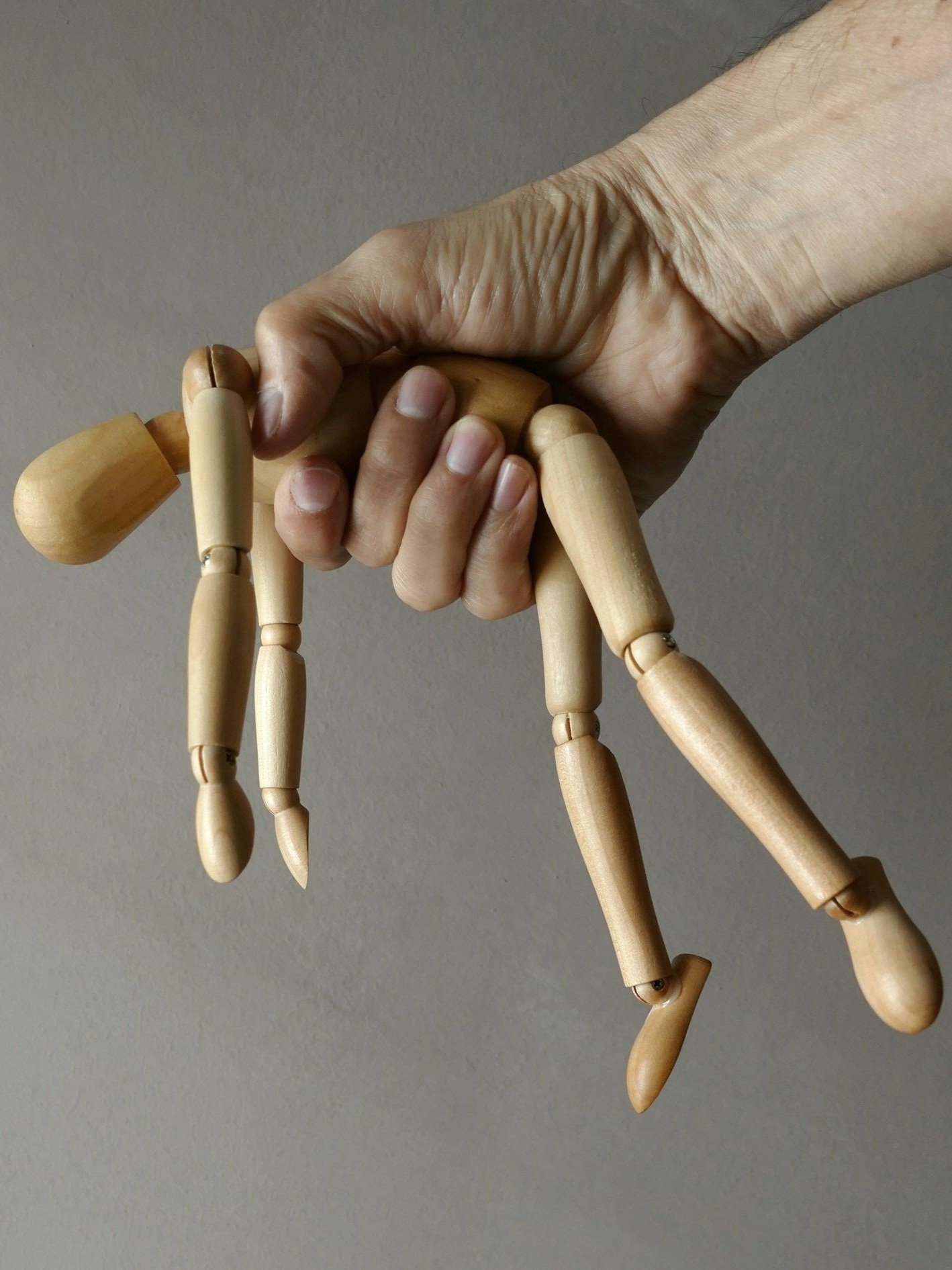Dictators Are Abusers - With A Larger Platform
(Photo: Marco Bianchetti)
This is what years of trauma-informed reporting on coercive control - aka domestic and intimate partner violence – have taught me. And I believe that if we learn to recognize coercive controllers in our private lives, we will recognize aspiring dictators in our midst more quickly, and marginalize them more successfully.
The systemic abuse of power – of one individual or of many – is usually taught in childhood, and is predicated upon unwritten rules of jealousy and loyalty. Demanding loyalty, which is really obedience, establishes that there that can only be one order and one leader, who intimidates and infantilizes others to bend them to their will and whim.
This makes equal footing and open dissent – the bedrock of democracy – impossible.
To maintain control, an abuser has to alienate their prey above all from their own autonomy, safety and wellbeing. Among partners, this typically begins with “love bombing” and then morphs into one person regulating and narrowing the other’s existence, including by:
· constantly criticizing and berating them;
· diminishing their contact with virtually everyone, especially friends and family;
· pressuring them to give up jobs or careers;
· dictating what they’re “allowed” to say, wear, even eat;
· manipulating (gaslighting) them to doubt or deny their perception of reality;
· forcing or pressuring them into sex (which is assault).
Abusers are typically also jealously possessive, which is not a sign of uncontrollable passion – it is a vessel for control. And it’s used by those who cannot be appeased but can change if they recognize the root of their aggression and get help. Unfortunately, this is rare, because another trait common to personal and political abusers is DARVO: Deny, Attack, and Reverse Victim and Offender.
It’s extremely difficult to make abusers see that they are victimizers, not victims.
Meanwhile, the unwritten rules petrify, in every sense of the word, and when one is broken, when an abuser feels they have been “betrayed,” the consequence of their fury is violence. Psychological, emotional, verbal and only sometimes physical violence, which does not have to be present in systemic abuse.
Unlike an abuser’s metaphorical ring, which is always present and must always be kissed.
An intimate partner does so for self-preservation and survival, this is understandable and must be understood. A target of relentless violence dreams of peace, of an end to scenarios in which a person claiming to love them refuses to stop destroying everything that is light – that is not dark, that is not heavy – within them.
Like those who directly help survivors, I find people rarely ask why abusers abuse, but often wonder why the target of abuse doesn’t “just leave,” especially if their lives aren’t in danger. The short answer is that it takes strength to be strong.
But you know this already, even if you think you don’t.
Just remind yourself how long it’s taken to leave relationships that were simply meh, because change and loneliness are scary.
Think of all the invisible daggers that have been the most effective solvent of your strength and self-esteem. The insults and undermining from those you trust(ed), which are deceptively harmless when shared out loud but are embedded in your heart.
Or think about how you’ve complained for years, as most of us have at some point, about an abusive boss who drains you of self-worth yet you’re still answering to that person, despite having the resources to “just leave.”
Power and control are built into workplaces, making them fertile ground for abuse. There are increasing studies into how and why people excuse repeatedly abusive and toxic bosses, even as their behavior tends to get worse after every tirade.
This dynamic is also played out among partners, in families and across nations, and it creates a paralyzing mix of fatigue, fear and silence. Because it’s hard for most people – even the powerful – to be persistently strong against escalating violence.
Other abusers know this, which is why they may kiss the ring even when they dislike the ring-wearer. Not under duress or in terror, not to subdue a loved one, but perhaps because they dream of a ring of their own, and their own prostrating subjects. This too must be understood, because the enablers can be more dangerous than the OG ring-wearer, who meanwhile rages on and on, insatiable and implacable.
It must be exhausting to live this way, to embody a white-knuckled grip of trauma and misery that “entitles” jealousy, violence and control. Is there a more dangerous identity dysmorphia than to crave coerced adulation?
Every time the ring is kissed, for a few brief moments the abuser – or dictator – basks in the afterglow, orchestral music perhaps swelling in their head – and their head alone. Nearby, their prey tiptoes, not on eggshells but across invisible shards of glass.
Until the next misstep, the next broken rule, the next punishment. After which they find that the bar is even higher, the demands on their loyalty even more degrading, their isolation from the rest of the world greater and greater.
Leaving an abuser is possible, however, just ask millions of survivors. But it takes a strategic plan and the strength of many working towards one common goal.
